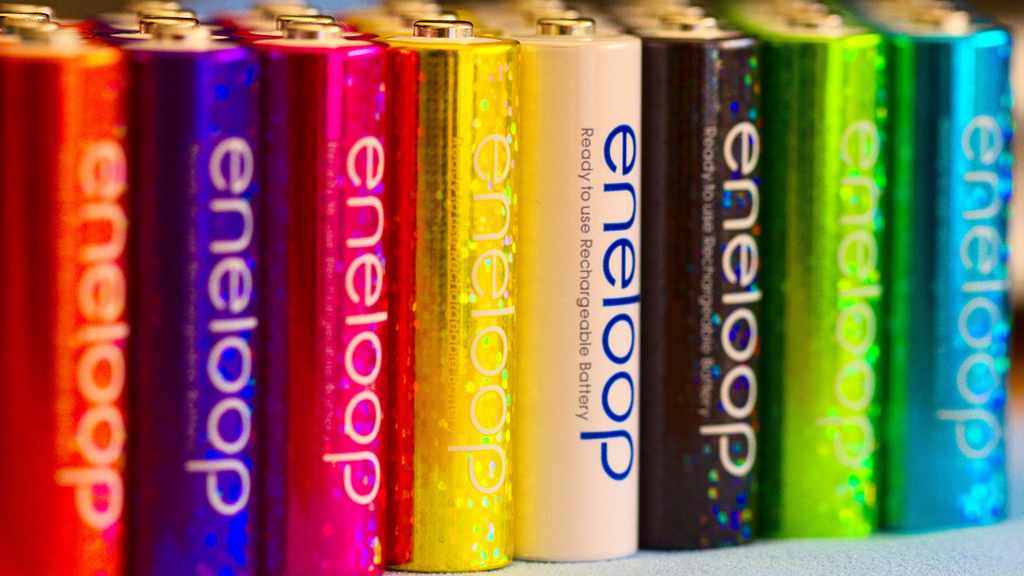
Batteries have been shoved well and truly into the spotlight this week. From sulphur and voltage spikes, to a battery technology breakthrough that could produce cells which fully charge in minutes and last for days rather than hours.
If that wasn't exciting enough, we've got black holes, super nanosuits, and the real reason we love beer, all waiting for you in another exciting Week in Science.
Microarray batteries could charge 1,000 times quicker -- Scientists may have finally made the massive breakthrough in battery technology we've all been waiting for. Miniaturisation is the key here; essentially researchers have created ranks of microbatteries, producing many, many 3D electrodes combining intertwined anodes and cathodes at the microscale. That creates a much higher surface area to volume ratio, and means that electrons don't have far to flow to complete the circuit and therefore output power quicker to where it's needed.
The result is a battery that fully charges in minutes and lasts 10 times longer than current lithium-ion cells, something that would certainly boost battery life by miles in our smartphones. Unfortunately, the battery isn't quite ready for primetime, given a few safety concerns including a flammable electrolyte, but this could be the breakthrough that finally brings batteries up to scratch with the rest modern technology. [Nature Communications]
Next-generation batteries could stink like rotten eggs -- Miniaturisation may be the next hot battery technology, but sulphur might be the new material to boost it even further. A new technique called inverse vulcanisation creates new polymers out of a liquid sulphur mix, creating a new material for the potential construction of cathodes. Current generation sulphur-based batteries, although they provide good power density and low rates of self-discharge, quickly eat up their sulphur cathodes. The hope is that this new cathode sulphur polymer will solve that issue, beating lithium-ion batteries in almost all respects. While more research is clearly needed, soon your batteries could be sulphur-powered as well as being tiny. [Nature Chemistry]
Spikes throw your sensors for six -- If leaps in battery tech weren't enough this week, it seems the way you charge you current cell could make a difference to its life after all. Unlike nickel-cadmium or nickel-hydride batteries, lithium-ion batteries are meant to be able to be topped up whenever -- they don't have a memory of charge. However, new research suggests that incomplete charging and discharging does have an effect on battery life. Surprising spikes in voltage were seen from incomplete charges of batteries, meaning capacity sensors were thrown way off. That could result in your phone, or more importantly, your car, thinking you have more juice than you do in your battery, running flat without warning before you get home.
Thankfully, now that we know it's going on, battery capacity sensors can be adapted, something that's obviously pretty pressing and crucial for the burgeoning electric car market. [Nature Materials]
Get daily insight, inspiration and deals in your inbox
Sign up for breaking news, reviews, opinion, top tech deals, and more.
Microneedles could be the new staples -- Modern medicine really isn't all that modern sometimes -- we still use what are essentially staples to hold skin grafts and wounds together. But taking a bite out of nature, a new patch littered with microneedles could be the next generation of wound repair patch. Mimicking the spiny head of a parasitic worm, the patch's needles penetrate the surrounding skin to hold things in place. A thin hydrogel coating then swells to anchor all the needles and flesh together when in contact with water. The patches proved to have three times the adhesion strength of surgical staples, and could have far-reaching medical applications. Soon you could be patched up by something derived from a parasite, which could even deliver drugs into your system. [Nature Communications]